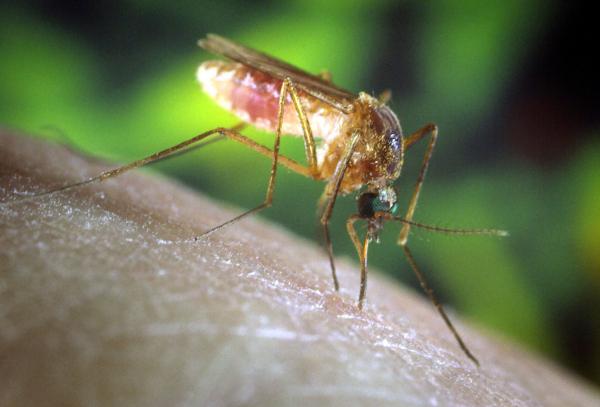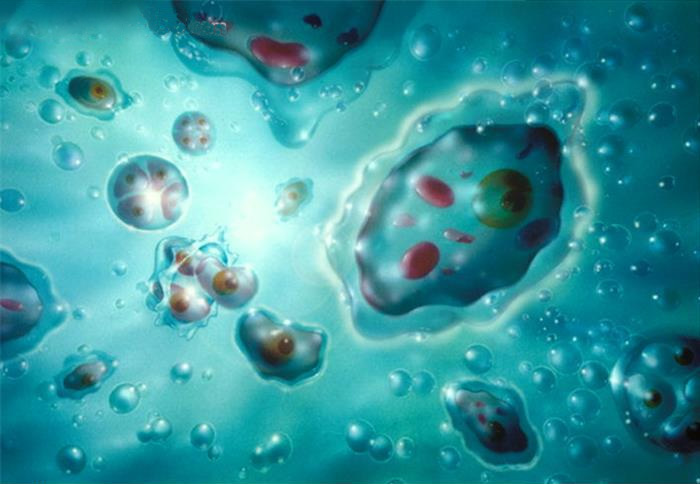 Malaria is caused by Protozoans
Malaria is caused by Protozoans
Protozoa are one–celled organisms that can cause diseases ranging in severity from mild to deadly. These organisms can be classified as parasitic or free–living. Parasitic protozoa are found in organisms such as ticks, flies and mosquitoes. Free–living protozoa are found in water that is contaminated with fecal matter and other wastes.
Protozoa can cause some diseases such as malaria which is carried by an infected mosquito. Protozoa acted like a parasite and can infect the body. It can also cause amoebiasis and sleeping disorders when the immune system is affected. For example: A protozoan called Plasmodium is the causative agent for malaria.
 Amoebiasis is a protozoan disease caused by Entamoeba histolytica
Amoebiasis is a protozoan disease caused by Entamoeba histolytica
Amoebiasis is a protozoan disease caused by Entamoeba histolytica, which secretes enzymes that dissolve the host's tissues. Amoebiasis infection is spread by contact with feces, which can occur if water or food are contaminated, or if someone has oral contact with fecal matter. This condition can occur without symptoms, but some of the common signs and symptoms of amoebiasis include bloody diarrhea and inflammation of the colon.
African sleeping sickness is caused by protozoa in the Trypanosoma genus. These organisms are carried by the tsetse fly and transmitted to humans via tsetse fly bites. Signs and symptoms of African sleeping sickness can include insomnia, progressive confusion, seizures, irritability, personality changes, weight loss, loss of concentration, slurred speech and difficulty talking and walking.